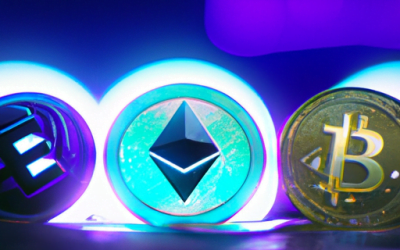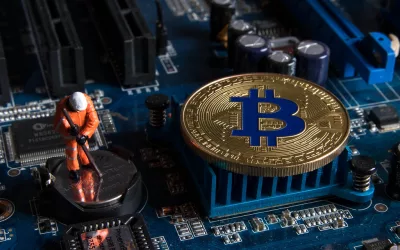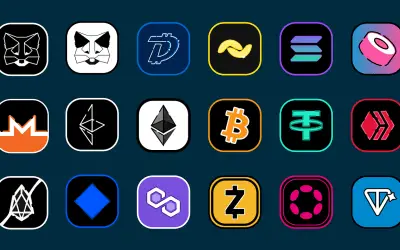People of all ages have always enjoyed playing video games as a hobby. Play-to-earn is a new trend that has evolved in recent years and is changing the way we think about gaming. Play-to-earn games give players the opportunity to earn cryptocurrencies or other digital assets while having fun, turning gaming into more than just a pastime or way to pass the time. In this essay, we’ll examine the play-to-earn movement’s impact on gaming and examine both its advantages and disadvantages.
A Brief Description of the Concept “Play-to-Earn”
Play-to-earn games are blockchain-based games that let players earn incentives for accomplishing in-game objectives, such as cryptocurrency or non-fungible tokens (NFTs). These games are powered by decentralized technology, which means that a network of computers rather than a single authority controls them.
The play-to-earn trend is not just found in video games. It has also spread to other industries, like education, where pupils can gain cryptocurrency for passing exams and finishing their homework.
Benefits of Play-to-Earn
The fact that play-to-earn games give gamers a new opportunity to make money is one of their main benefits. For those who might not have access to conventional employment prospects, such as those residing in poor nations, this is especially alluring.
Play-to-earn games also have the benefit of giving players a sense of ownership over the in-game items they earn. These resources can be purchased, sold, or traded, which can provide players access to other revenue sources.
Play-to-earn games are a new area for innovation, to sum up. New game mechanics and economic models that were not feasible in the conventional gaming industry are now available for experimentation by developers. As a result, the gaming industry has experienced a spike in creativity and invention.
Drawbacks of Play-to-Earn
The possibility for addiction in play-to-earn games is one of the main worries. Play-to-earn games can be addictive, and some players may find it difficult to quit playing them, which can have a severe impact on their physical and mental health. This is true of traditional gaming as well.
The price volatility of cryptocurrencies is another issue. Players may not be able to rely on the money they make from play-to-earn games because cryptocurrency values might change considerably.
The issue of accessibility is the last. Even though everyone with an internet connection can access play-to-earn games, they still necessitate a certain amount of technical expertise and awareness of blockchain technology, which may not be available to everyone.
The Advancement of “Play-to-Earn”
In spite of the worries, the play-to-earn trend is still growing. Play-to-earn games are projected to become increasingly common in the years to come due to the development of blockchain technology and the rising popularity of cryptocurrencies.
Developers and regulators must address the issues raised by play-to-earn gaming concerns as the industry expands. This entails putting in place mechanisms to combat addiction, making play-to-earn games more accessible to a larger audience, and making sure that players have access to accurate and clear information about the worth of the assets they gain.
Final Words
The concept of gaming is changing thanks to play-to-earn games, which also give gamers new ways to make money. The trend raises some worries, yet one cannot discount its potential advantages. It will be crucial for developers and regulators to collaborate as the sector expands to guarantee that play-to-earn games are secure, impartial, and open to all players.






















